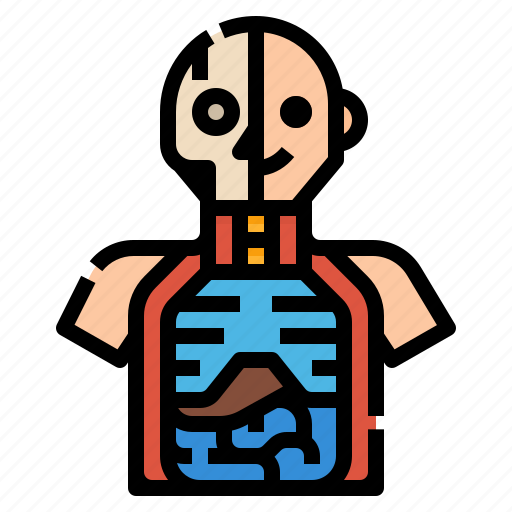These types of questions are related to the body’s systems, organs and hormones that are involved with your life. These parts are connected together in a system that includes your brain, heart, lungs, kidneys, skin, bone, muscle and nerve tissue.
The human body consists of a number of systems and parts including: circulatory, respiratory, digestive, reproductive, endocrine, musculoskeletal, neurological and endocrine. Each part is connected to the others and how they work together. There are also systems that are related to the organs of the body and these organs. These organs include: liver, pancreas, kidney, bladder, bowel, spleen, stomach, gallbladder, blood, heart, lung, and brain. You also have systems that relate to the lymphatic system and these are the lymph vessels, sweat glands and other systems that make you feel good or bad.
When people start learning about human anatomy, they usually want to know what these systems are and how they work together. They might find this very interesting because they will be able to understand more about their own body. They might even learn about a new disease or condition that they are going through or maybe a treatment that they are interested in. This might lead them to look at how the body reacts when there is damage to one of these systems. Sometimes doctors will also use this type of research to help treat certain patients.
When you learn about human anatomy, you will find that the parts of the body are very important and that understanding them can help you be a better person. Knowing your body can help you avoid illnesses and injury. It is also helpful to know how you feel. Knowing what you feel helps you to be able to think about things that might affect you and help to determine how you react to those things.
One of the questions that is usually asked by students about human anatomy is what are the three human body parts? There are three parts to the human body and they are the head, thorax and abdomen. These parts are very important when you consider the importance of your brain, heart, lungs and kidneys. All of these parts are vital parts of your body and they are also very important parts of your health.
Another question that might be asked about the human body is what is meant by blood? The blood is the liquid that carries oxygen, nutrients, waste materials, and other chemicals throughout the body. When this liquid is spilled onto your skin, you can get an infection. This is one way that the body works to filter out toxins and other impurities. If this happens, it is the job of your skin to heal the wound.
The organs of the body are what actually give your body energy. If they are damaged they are not doing their job properly and if they are damaged, your body cannot function well.
One of the best human physiology questions is how do the four basic types of energy affect the functioning of the body? When you are dealing with energy, you have to think about what kind of energy your body has and what type you need.
Your cells need oxygen to survive and they are basically small bundles of carbon and oxygen that are found inside of your cells. When you have a supply of oxygen, the cells will be able to make energy and they will do this by making use of glucose.
However, if there is a shortage of oxygen then you can’t make energy from sugar and you need to rely on something else. You need sugar for energy but sugar is not very good for your cells.


